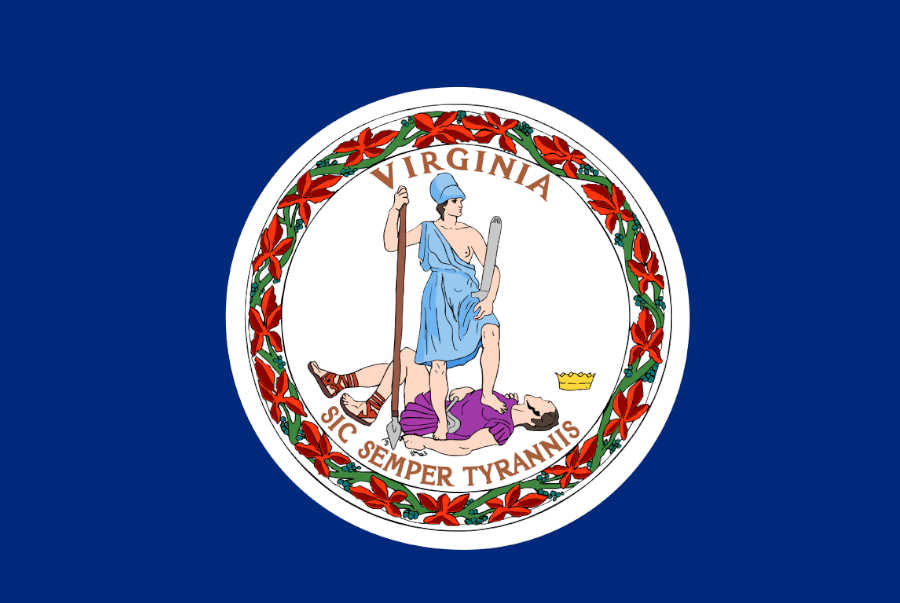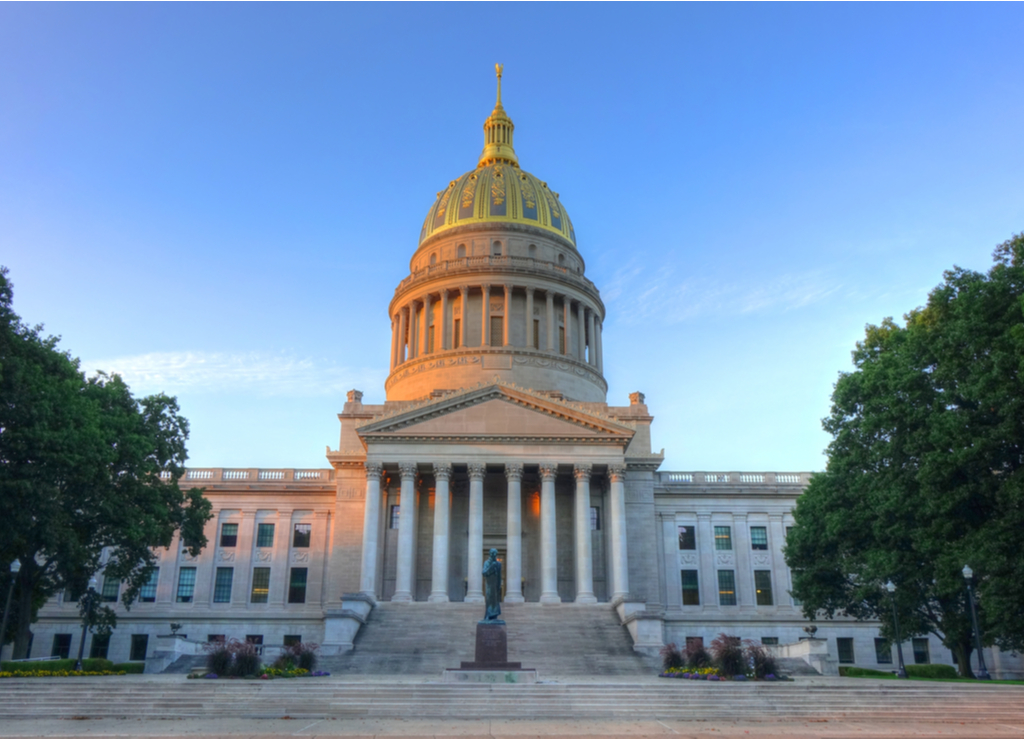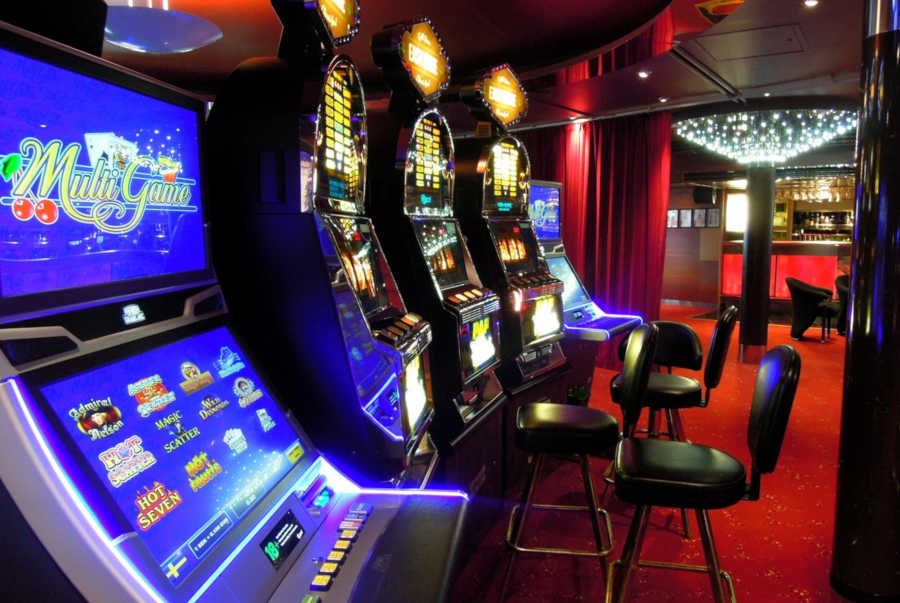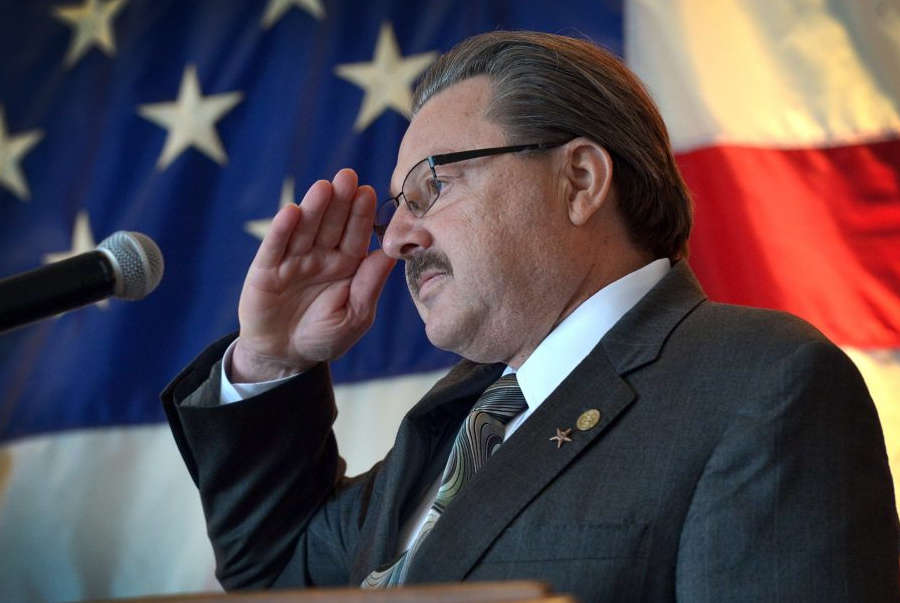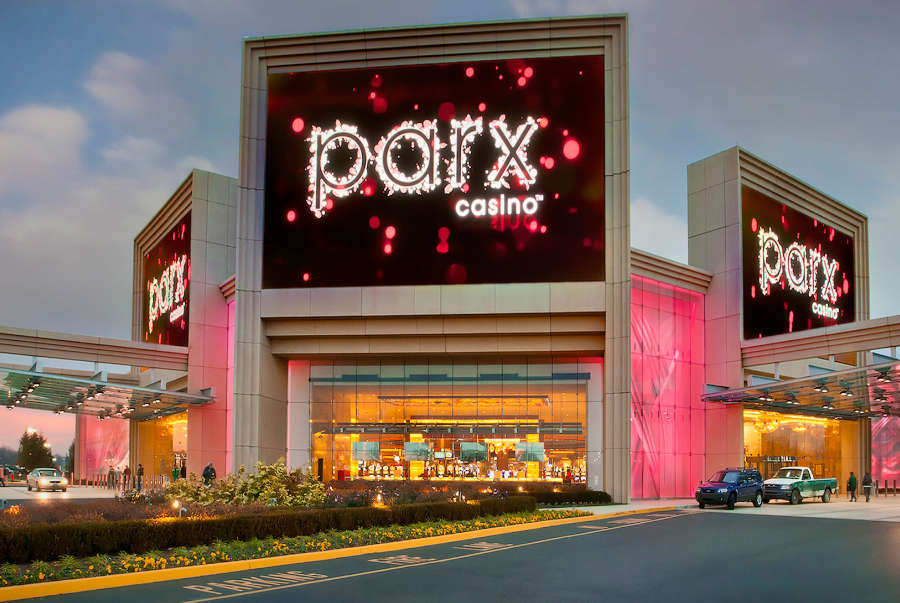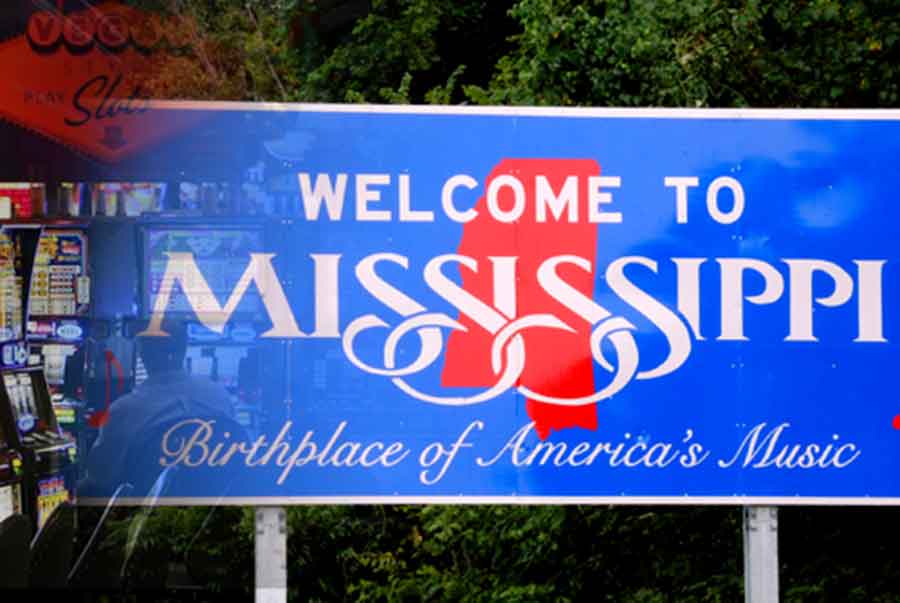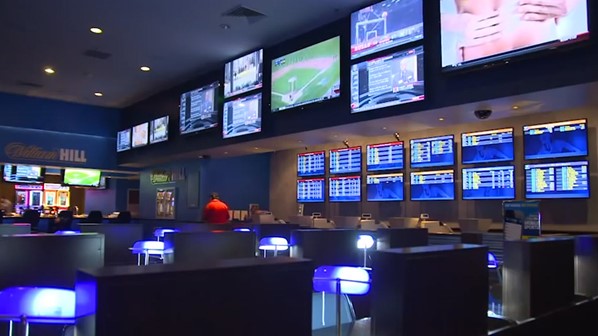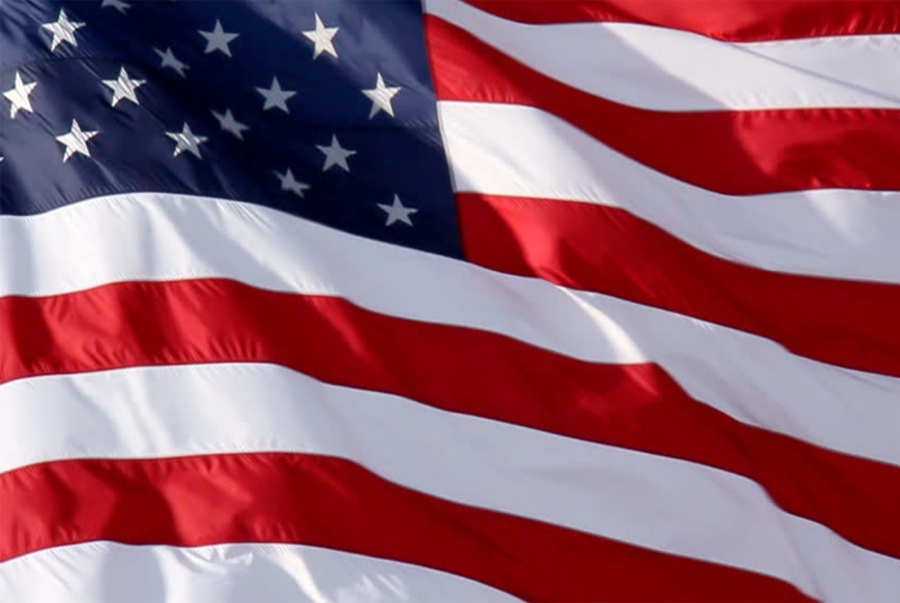Virginia is one signature away from giving an initial go-ahead to its online gambling industry. Even if the governor approves the bill, it will take the state’s regulator and lawmakers over a year to set up the first casinos.
SB 1126 – One Signature Away from Becoming a Law
The year started off well for Virginia. In January, 2019, the Virginia Senate General Laws and Technology Committee gave its approval to a bill that would allow online casinos to open doors in the state.
The few months since, SB 1126 has made quite the headway and today it’s perched at the desk of Gov. Ralph Northam who should decide its faith. Mr. Northam is rather non-descript when it comes to online gambling – he hasn’t been against it publicly nor has he said that he endorses it.
With his signature now needed by March 26, everyone’s on pin and needles whether the Governor would grant his approval.
A Great Future for Online Gambling: Virginia’s Regulated Industry
Virginia is one of the states where the proposed legal draft is quite specific as to where online casinos can operate in the first place. With the Virginia Lottery Board taking over regulation, there are quite a few specifics that candidates would have to meet, including:
- Choosing a city with a specific poverty level;
- A population of over 200,000 and a population decline of over 4% over a specific period;
- Pre-determined unemployment rates for specific months and years.
Virginia will also initiate a series of city-based referendums where the people will have to decide whether they want to give their go-ahead for casinos.
Virginia is one of the most complicated states to navigate when it comes to passing online gambling, not only in terms of mustering up the legal support, but also making sure that eligible cities exist and that locals will in fact endorse such an initiative.
Casinos on the Clock in Virginia
There’s plenty of reasons to be excited – online gambling and poker are coming to Virginia. However, there are a handful of constraints that the Virginia Lottery Board, the body that would be overseeing the industry, would need to comply with.
For starters, any casino that wants to operate in the state would need to successfully pass a city referendum by January 2021.
The Lottery Board will have to prepare an initial working version of the draft by January 2020 and all regulation must be finalized by June 2020. The first license in the state cannot be issued prior to July 1, 2020.
Virginia – A Promising Endeavor for Online Gambling
Virginia may come with its own whimsical sides, but the online gambling and online poker industries here have a very good chance of taking root. SB 1126 will give a chance to one of the United States’ largest states to introduce online gambling en masse.
Virginia will also exercise a somewhat closer control over its casinos which means that all properties will be introduced strategically across the state for maximum efficiency.
